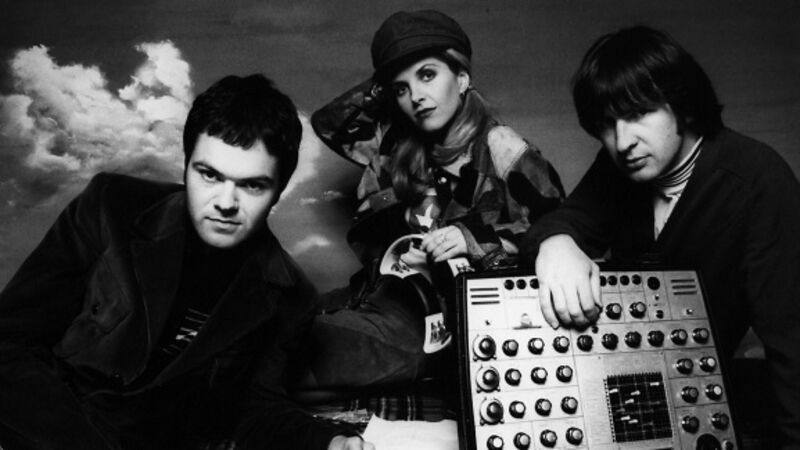St Etienne were crucial to the Britpop era

It’s the perfect moment for a chat with Sarah Cracknell of St Etienne. This year marks the 20th anniversary of the Summer Of Britpop — when Blur v Oasis made international headlines, Supergrass’s ‘Alright’ was all over radio, and zipped-up Adidas trackies and mockney accents were de rigueur.
At the centre of this union flag-bedecked maelstrom were Cracknell and St Etienne, flag wavers for a sepia, seaside holiday vision of Englishness and among the first Britpop acts to make the charts.











